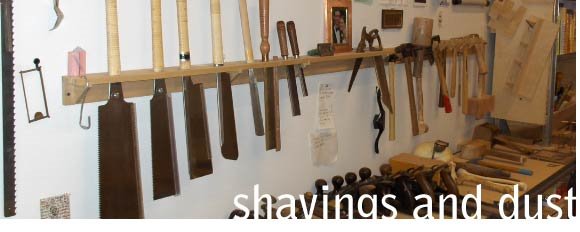there is a cardboard box in my attic that I have moved five times in the last fifteen or so years. It is stuffed full of letters that long ago girlfriends wrote to me, answering letters that I wrote to them. The last time we moved I looked at them again and made the mistake of actually reading a couple of them. They were about what one would expect, I probably don’t have to expound upon them here. You probably have a similar box or two yourself. It is touching to look at these folded pieces of notebook paper, to vaguely remember a time in my life when I knew all of the answers and was so sure that I was right about everything I had an opinion about.
The names conjure images of faces and times, and even in this too-connected age I have not been able to find some of these folk again. Not that I know what I would talk about with them after twenty years. I hope that I am profoundly different from the person that they wrote to, I hope that I am more patient and more thoughtful and more aware of others and of the world around me.
I wanted to throw that box out when we moved, it seemed to have so little to do with my life now. I am not likely to get the letters out and read them again, and I doubt there is anything in them that would be of interest even to twenty-year-olds that wrote them, let alone to anyone else. But I could not throw them away. I held the box in my hands and I tried to let it and its contents drift out of my life, but then I thought “what’s one more box?” and packed the letters back up and brought them with us.
This whole series of thought came about because the New York Times ran an article about Friendster.
I was not cool enough to understand why Friendster would be attractive to people. When I first heard came across it I was skeptical in the extreme and mostly ignored it (ironic, as I am now an avid Facebook user). I had some acquaintances that were on Friendster, though, and when MySpace started up I joined that, which was the beginning of my life on social networks. I am not interested in making a value judgment about any of these methods of interaction, the article was about something more profound.
Friendster is apparently going to wipe its servers clean of a great deal of information soon. In the computer world it is ancient, almost ten years old. It has fallen out of favor and is trying to re-invent itself; as a part of that is dumping a great deal of old information, some of which has not been accessed for years.
But the article quoted a person who met and courted their spouse on Friendster, and who was saying that all of their early correspondence was through Friendster and was slated to be erased. I would imagine that person was one of hundreds if not thousands who met and courted that way, and who have been trusting the servers at Friendster (or MySpace or Facebook) to be their cardboard box in the attic. Even though we don’t access those letters often or ever it is important that they are there, that there is a record of our loves and losses, our triumphs and defeats.
The difference is that I am in charge of that box in my house. If I decide I do not need those letters in my life anymore, I can get rid of them consciously. I own those particular pieces of paper, I decide their fate.
The analog to this in my own life is the growth of my son over the last twenty months, all of which has been chronicled on Facebook, and all of which lives in some server somewhere in the world. The source videos and photos live on a machine at our house, but the way that they are strung together, the comments that we and our friends have made about them, the conversations that they have inspired do not belong to us in the same way. Should Facebook end, so too will we lose that particular way of remembering. And as impossible as it seems to us in the moment, Facebook is likely to end a lot sooner than a photograph is likely to disappear.
I am not sure what it is that I think should be done about this, if anything. I was just struck by the poignancy of the story of the person in the article. This record-keeping, this storing of the past in objects or papers has taken on a new identity. The memories are no less important, but somehow we have come to a place that we are trusting other people to manage their storage for us. In surrendering the responsibility for storage and management, we have also surrendered some of our ability to have a say about the fate of one of the most precious things we have: our memories.


No comments:
Post a Comment